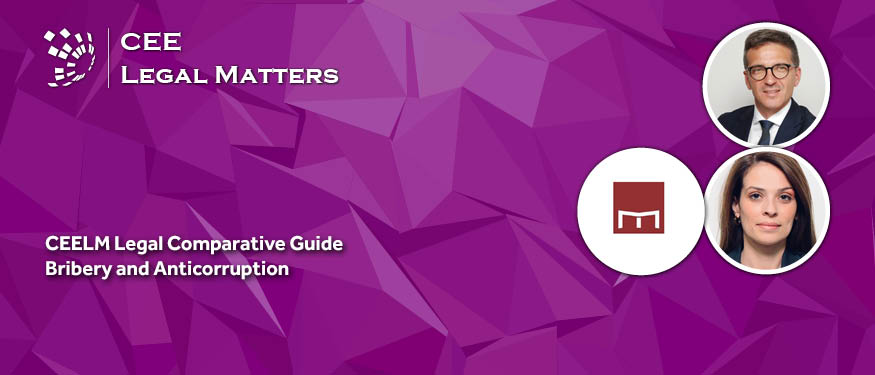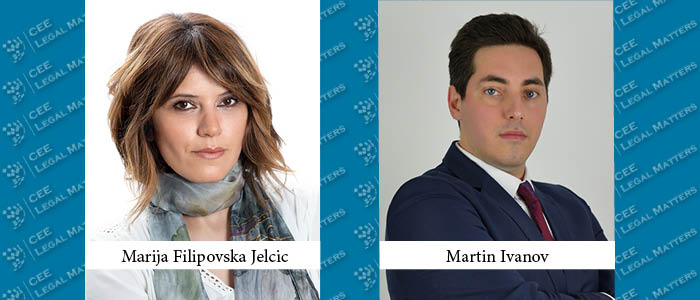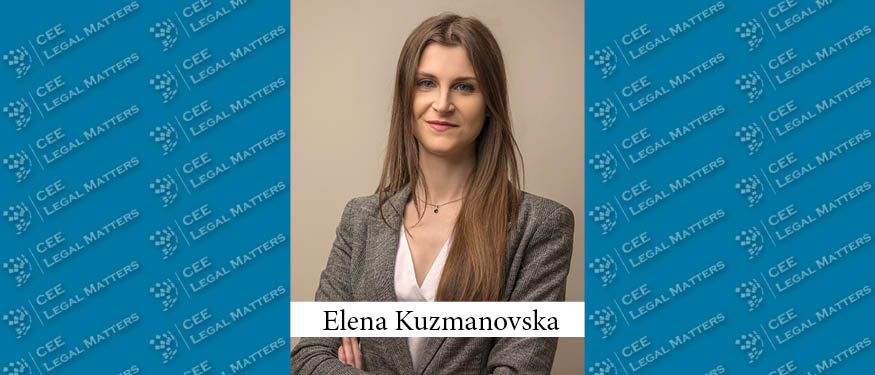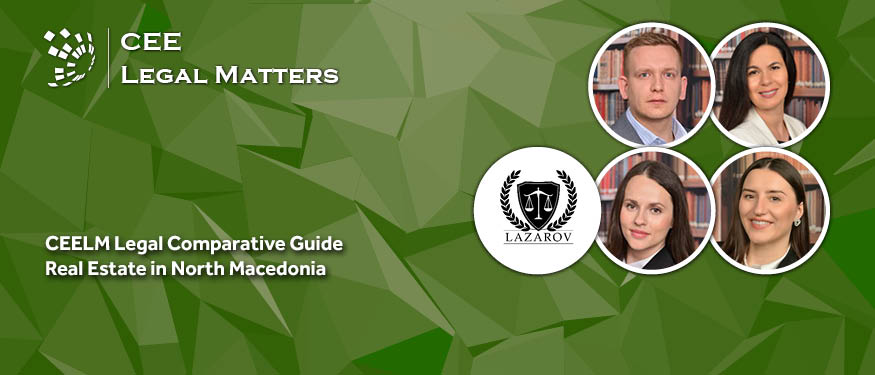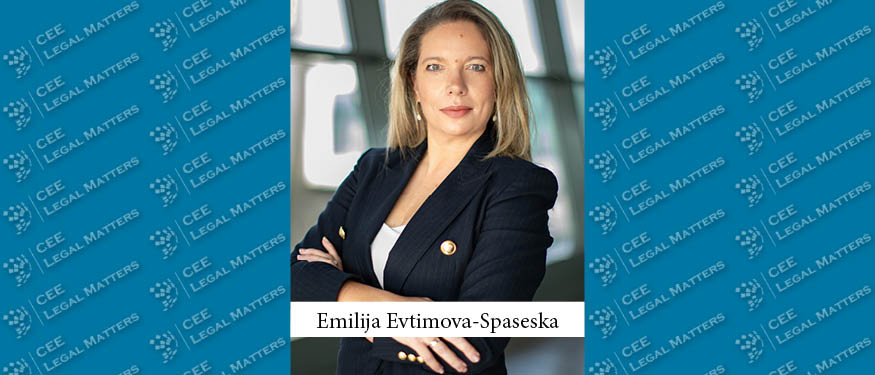Contributed by Law Office Emil Miftari.
CMS and Schoenherr Advise on Synlab International's Sale of Eastern European Business Activities to Medicover Group
CMS has advised Synlab International on the sale of its business activities in Eastern Europe – including its entities in Croatia, North Macedonia, Romania, Slovenia, Turkiye, and Cyprus – to Medicover Group. Schoenherr advised Medicover.
North Macedonia Becomes a Member of SEPA: Changes in Financial Payments and Transactions
On 6 March 2025, the European Payments Council officially accepted North Macedonia’s application and included North Macedonia in the Single Euro Payments Area (“SEPA”). With this, North Macedonia became the 39th member of SEPA.
2025 CEELM Deal of the Year Awards Banquet: And the Winner Is…
On the evening of April 1, 2025, the Deal of the Year Awards Banquet brought together, under the same roof, over 200 top-tier lawyers from Central and Eastern Europe's leading law firms and General Counsel from across the region in Prague.
Protecting Companies from Unintentional Engagement in Unfair Trade Practices
Unfair trade practices refer to deceptive, unethical, or manipulative actions carried out by businesses, that violate consumer protection laws and harm the consumers. These practices contradict professional conduct and significantly distort the economic interests and decision-making of the average consumer, often targeting vulnerable groups.
In Memoriam: Nikola Polenak
Polenak Law Firm founder Nikola Polenak has passed away.
North Macedonia: Commission for Protection of the Competition of North Macedonia Strengthens Oversight of Food Supply Chain and Food Retail Sector
The Commission for Protection of the Competition of North Macedonia (CPC) has significantly intensified its enforcement activities in the food retail sector, signalling a stricter regulatory approach toward potential anti-competitive behaviour.
The Constitutional Court of the Republic of North Macedonia Votes to Annul Solidarity Tax Law
On 5 February 2025, the Constitutional Court of the Republic of North Macedonia (“Court”) annulled the Solidarity Tax Law (“Law”), ruling that it violated several key constitutional principles.
An Outlook on 2025: Banking and Finance in North Macedonia
Law Office Lazarov Attorney at Law Gordana Susuleska-Itic talks about banking and finance in 2025 in North Macedonia.
An Outlook on 2025: Dispute Resolution in North Macedonia
Law Office Lazarov Attorney At Law Anja Stefanovska talks about dispute resolution in North Macedonia in 2025.
North Macedonia: Legal and Regulatory Challenges for 5G Technology
With the rollout of 5G technology, North Macedonia will have to clear a number of legal and regulatory hurdles before benefitting from its potential to transform industries, improve connectivity, and drive economic growth. The country’s telecommunications framework faces the dual challenge of accommodating this groundbreaking technology while ensuring alignment with EU standards.
The Legal Uncertainty: Bankruptcy Proceedings and Arbitration in North Macedonia
In recent years, it has become increasingly common for companies in North Macedonia to choose arbitration as the method for resolving disputes in cooperation agreements, instead of judicial proceedings, which usually take considerably longer. However, the Macedonian legislature has not fully regulated all the legal aspects related to arbitration procedures.
CEE Legal Matters Comparative Legal Guide: Real Estate 2025 is Now Out!
CEE Legal Matters is proud to introduce the latest in our Comparative Guides series. This one focuses on Real Estate in CEE.
Real Estate Laws and Regulations in North Macedonia (2025)
Contributed by Law Office Lazarov.
The Evolving Regulatory Role of Competition Authorities: A CEE Legal Matters Round Table
On January 16, 2025, competition experts from Moldova, North Macedonia, and Romania, sat down for a virtual round table moderated by CEE Legal Matters Managing Editor Radu Cotarcea to discuss the evolving role of the regulatory authorities in their countries.
Trade Debt Recovery in North Macedonia
Recovering trade debts in North Macedonia can be challenging, especially when maintaining ongoing commercial relationships with local debtors. The recovery process entails a business creditor attempting to collect payment for an unpaid invoice for goods or services provided to a local customer who is legally obligated to pay what they owe.
North Macedonia Implements New National Classification of Activities
The Government of North Macedonia adopted an updated version of the National Classification of Activities, NKD Rev. 2.1 (“New Classification”).
Inside Insight: Interview with Emilija Evtimova-Spaseska of TAV Macedonia
TAV Macedonia Legal Affairs Manager Emilija Evtimova-Spaseska discusses her journey from law firm partner to in-house counsel and her role in overseeing legal operations for Skopje and Ohrid airports.

